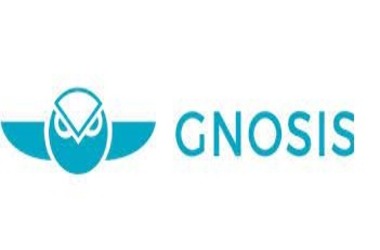
Following Ethereum’s migration to the PoS chain in September, Gnosis will be the primary blockchain to conduct The Merge. Proof-of-Stake (PoS) will replace Proof-of-Authority (PoA) in Gnosis, while Proof-of-Work was abandoned by Ethereum.
The PoA system is comparable to the PoS function. In contrast to Proof-of-Stake blockchains, PoA validators stake (freeze) their credibility rather than assets. This means that validators must fulfil certain criteria in order to be regarded credible by the community.
Comparable to Proof of Stake, Proof of Authority requires less energy than Proof of Work. This is due to validators utilizing less computing resources to accomplish their tasks. The primary distinction between PoA and PoS is that PoA picks fewer validators, making it more centralized. PoS blockchains have a much larger count of validators, making them more decentralized.
📣 Official Merge Announcement
The highly anticipated Gnosis Merge is upon us! 🦉
The Gnosis Chain Merge is expected around Thu Dec 08 18:47 2022 UTC.
🧵Details below👇 pic.twitter.com/qy1WYkvwBT
— Gnosis Chain 🦉 (@gnosischain) December 6, 2022
The Merge will increase the number of validators operating the Gnosis blockchain from about 20 to more than 100,000. Just after Ethereum’s around 440k validators, Gnosis will have the second-highest count of validators. Stefan George, co-founder and chief technical officer of Gnosis, told CoinDesk, “Within the paradox of scalability, decentralization, and safety, we favor decentralization. Unlike other “Ethereum killers” that prioritise scalability above decentralisation, inexpensive blockspace is a product whereas decentralised blockspace is a precious resource.
Tomorrow, exactly 1 year after the Gnosis Beacon chain launched it will merge with Gnosis Chain and replace a limited set of <20 validators with over 100,000 validators from all over the world. It will turn Gnosis into the chain with the second most validators and closest to Eth. pic.twitter.com/ywbIxhxS4E
— Martin Köppelmann 🇺🇦 (@koeppelmann) December 7, 2022
He stated that Gnosis is pleased to learn that Ethereum Merge was effective, as it gives them comfort that they can effectively implement the Merge to Gnosis Chain. “At first, the intention was to perform the Merge on Gnosis Chain well before Merge of Ethereum to demonstrate that it could be done securely on Ethereum. It proved out that it was more difficult on Gnosis Chain since we were not converting from PoW to PoA, but rather from PoA to PoW, and we needed to modify the current code.”